-Dr. Kua Kia Soong, February 19, 2017.
 COMMENT There is an attempt by some ‘eminent persons’ to install the Rukunegara as the preamble to the Malaysian constitution. If there is indeed a need for such a preamble, it ought to reaffirm the principles of secularism and inclusiveness in the constitution.
COMMENT There is an attempt by some ‘eminent persons’ to install the Rukunegara as the preamble to the Malaysian constitution. If there is indeed a need for such a preamble, it ought to reaffirm the principles of secularism and inclusiveness in the constitution.In my humble opinion, any attempt to have a preamble to our constitution needs first to be discussed by all the communities in the country including the Orang Asli, debated and passed through Parliament; secondly, it has to be inclusive.
This ‘national philosophy’ of Rukunegara was proclaimed on Merdeka Day, 1970 as a response to the racial riots of May 13, 1969 when the country was still under a state of Emergency. Like the National Culture Policy, it was drafted by selected ‘eminent persons’ rather than involving representation from all Malaysian communities and it did not go through a democratic process of debate, nor was it passed by the Federal Parliament.
While most of its aspirations are noble and acceptable, namely, “achieving a more perfect unity…; preserving a democratic way of life; creating a just society…; guaranteeing a liberal approach towards her rich and varied cultural traditions; and building a progressive society…”; nevertheless, its principle of ‘Belief in God’ is not inclusive of all Malaysian faiths.
Any preamble should include all peoples and stress social justice and democracy
The preamble to the US constitution, for example is short and concise, stressing that their nation is defined and formed by its people and what it stands for:
“We the People… in Order to form a more perfect Union, establish Justice, insure domestic Tranquility, provide for the common defence, promote the general Welfare, and secure the Blessings of Liberty to ourselves and our Posterity, do ordain and establish this Constitution…”
Although peopled largely by Christians, the preamble to the US constitution makes no reference to a God or monarch. Apart from serving as an executive summary, it merely sets the stage for how the new government defined by the constitution will establish justice and secure the blessings of Liberty. Thus, their preamble is absolutely secular and the first three words are perhaps the most important: “We the People…”
Perhaps India is a better comparison since it was a former colony like ours. The preamble to the constitution of India actually makes its secularism explicit:
“We, the people of India, having solemnly resolved to constitute India into a sovereign socialist secular democratic republic and to secure to all its citizens: Justice, social, economic and political; Liberty of thought, expression, belief, faith and worship; Equality of status and of opportunity; and to promote among them all Fraternity assuring the dignity of the individual and the unity and integrity of the Nation…”
Thus the main purposes of having a preamble of the Indian constitution are again, first, to refer to the source that is responsible for the authority of the constitution (We, the People…), and to spell out the objectives of the Indian constitution, namely, Equality, Justice, Fraternity and Liberty. Like the US constitution, there is no insistence on ‘Belief in God’.
The importance of being secular
So what is the significance of including ‘Belief in (the monotheistic) God’ in the hypothetical preamble to our constitution?
Since the prevalence of Islamic populism in the Eighties, there have been attempts by politicians including one or two prime ministers to claim that Malaysia is an Islamic state. Nonetheless, this attempt has been rightfully frustrated by among others, Bapa Malaysia and the judiciary in the country.
For example, on his 80th birthday on Feb 8, 1983, Tunku’s main message to the Barisan Nasional leaders was not to turn Malaysia into an Islamic state, stressing that Malaysia was set up as a secular state with Islam as the official religion and this is enshrined in the constitution. This was echoed a few days later by the third Malaysian prime minister, Hussein Onn on his 61st birthday on Feb 12, 1983.
The Alliance Memorandum submitted to the Reid Constitution Commission on Sept 27, 1956 clearly stated that “the religion of Malaya shall be Islam… and shall not imply that the state is not a secular state.” Thus, both the Reid Commission in 1957 and the Cobbold Commission in 1962 characterised Malaysia as a “secular state”.
Most importantly, former Lord President of the Malaysian Judiciary, Mohamed Salleh Abas in Che Omar bin Che Soh vs Public Prosecutor (1988), stated that the term “Islam” in Article 3(1) of the Federal Constitution meant “only such acts as relate to rituals and ceremonies… the law in this country is… secular law.”
The previous Lord President Mohamed Suffian Hashim similarly wrote that Islam was made the official religion primarily for ceremonial purposes, to enable prayers to be offered in the Islamic way on official public occasions, such as the installation or birthday of the Yang di-Pertuan Agong, Independence Day and similar occasions.
Against the background of confounding populist politicians, one would think that it is even more crucial – if there is a need for a preamble to our constitution – for such a preamble to reaffirm the secular and inclusive character of our constitution.
In a secular state, the state is officially neutral in matters of religion, supporting neither religion nor atheism. It treats all its citizens equally regardless of religion. Secularism is not merely desirable but essential for the healthy existence of a pluralist society such as ours. It implies a separation that exists between the state and religion.
This does not detract from the fact that the right to religion is a fundamental right and the denial of this freedom is a violation of the basic principles of democracy.
Monotheism is not the only religion in this world
Secularism is also important in regulating the relation between the state and various religious groups on the principle of equality. When the Rukunegara espouses only ‘Belief in (Monotheistic) God’, it forgets that there are Malaysians of other faiths based on polytheism or animism and ancestor worship.
I am truly surprised that our ‘eminent persons’ cannot see that such an imposition of ‘Belief in God’ does not include polytheists, animists and ancestor worshippers. Their attempt to argue that, despite their inclusion of ‘Belief in God’ in the hypothetical preamble, other faiths of minorities are in fact protected by the Malaysian constitution, unwittingly demonstrates the secularism and inclusiveness of our constitution.
Now, if the constitution already guarantees the equal right of Malaysians of all faiths – monotheistic, polytheistic, atheistic, animistic as well as ancestor worshippers – is it not presumptuous if not sacrilegious to try to impose ‘Belief in God’ on ALL Malaysians?
To conclude, the concept of secularism is derived from the principle of democracy and secularism becomes meaningful only when it refers to democratic equality and includes diverse peoples of all faiths, beliefs and practices.
DR KUA KIA SOONG is Suaram adviser.
The views expressed here are those of the author/contributor and do not necessarily represent the views of Malaysiakini.





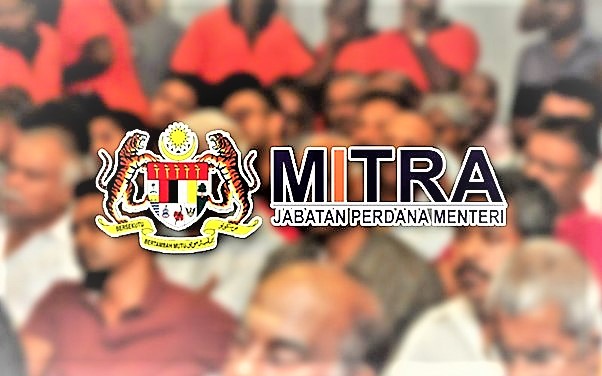

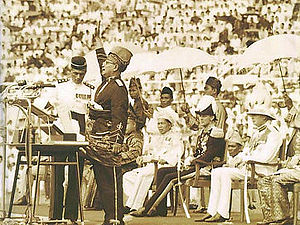

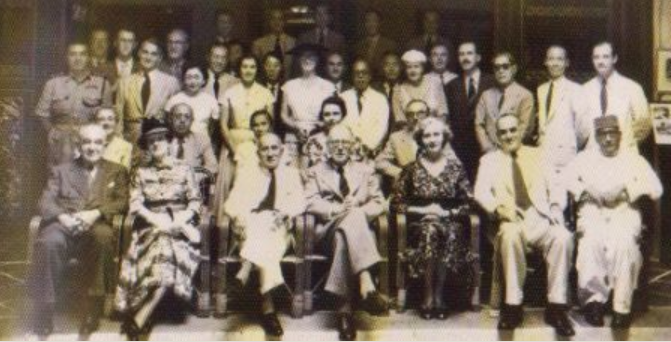
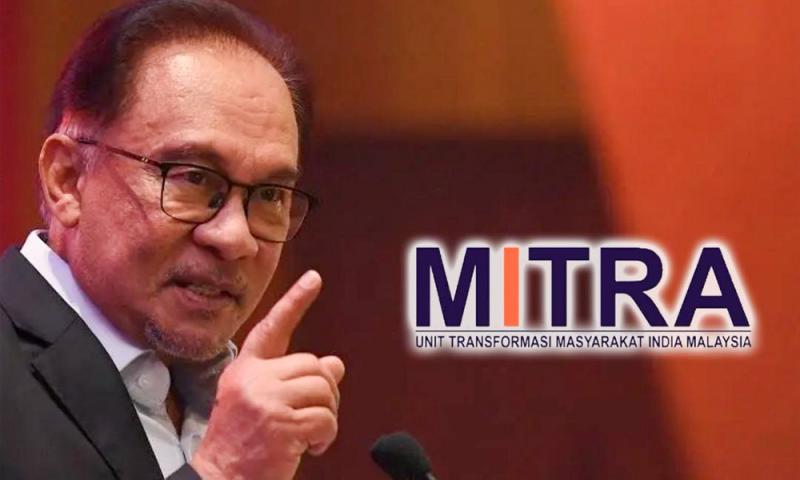

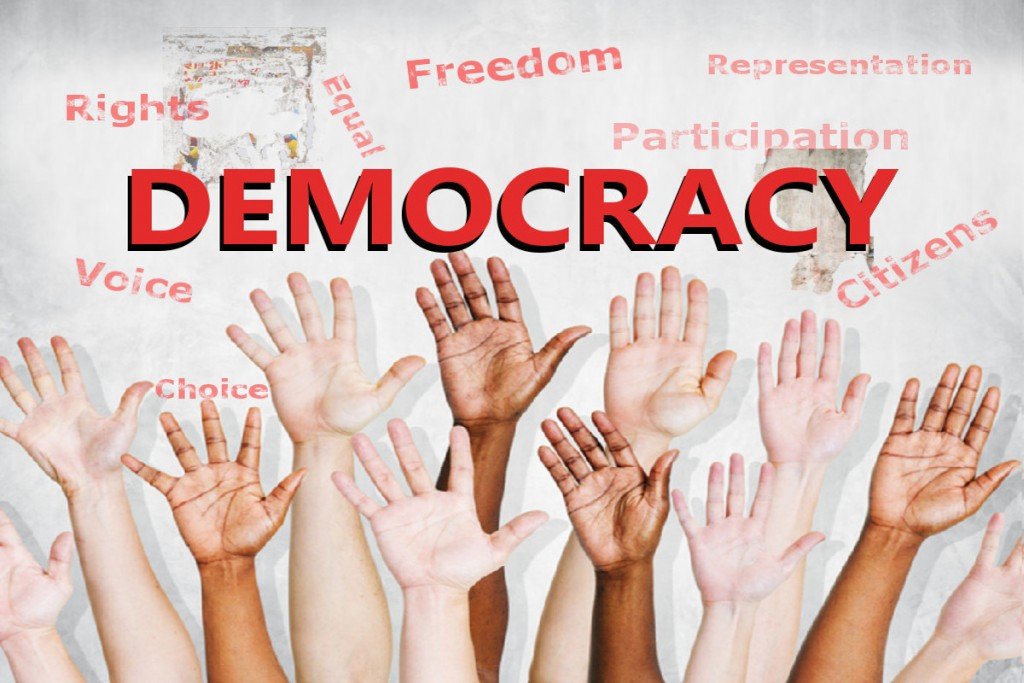
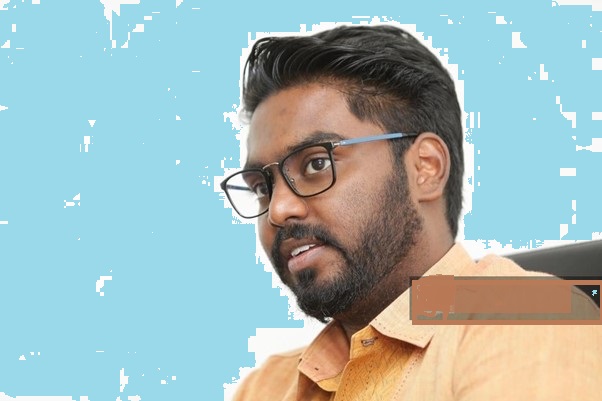
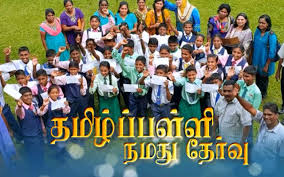

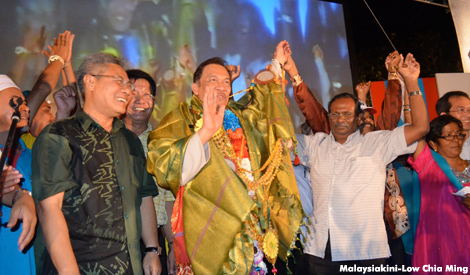
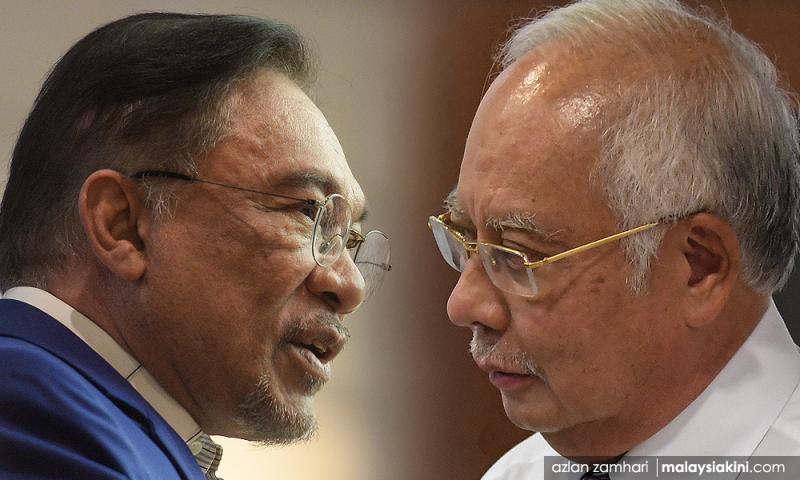
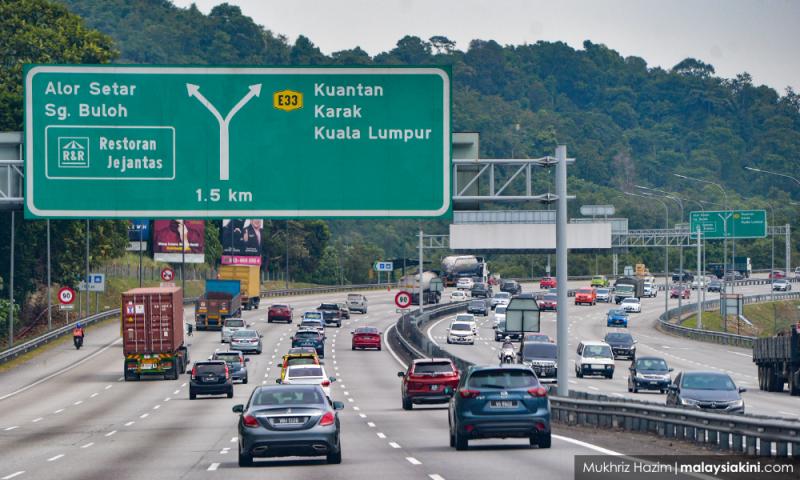
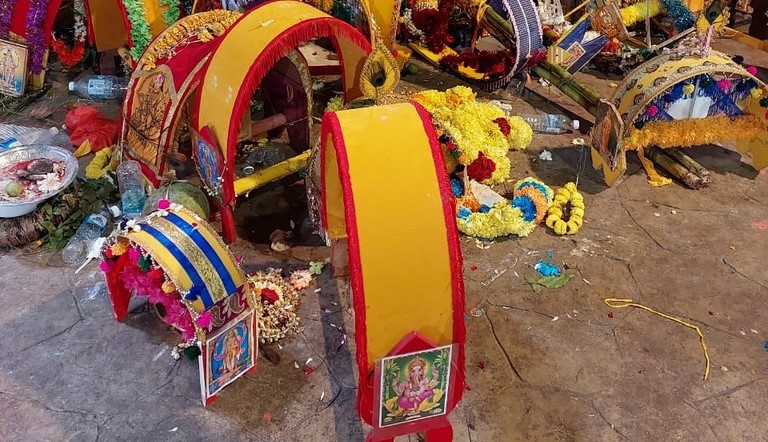
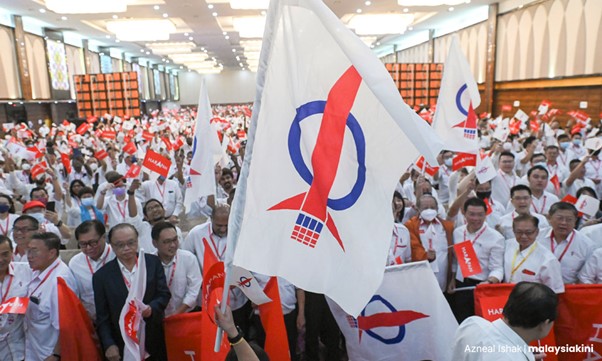
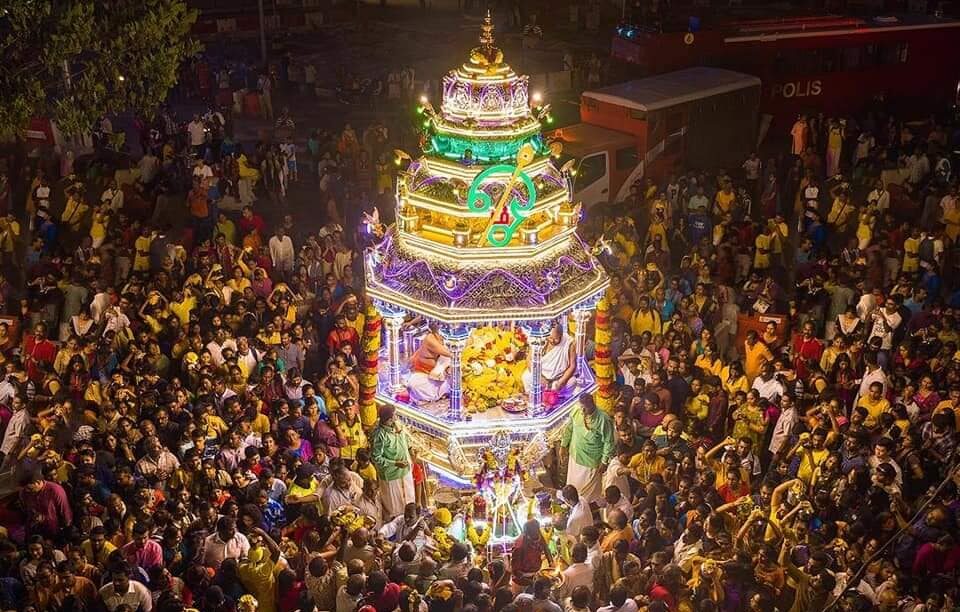
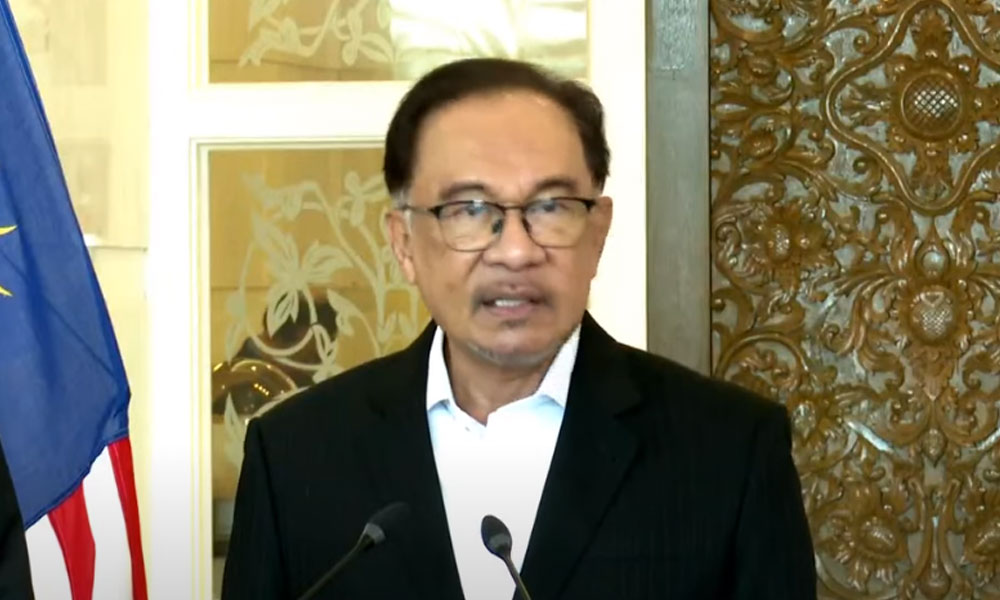


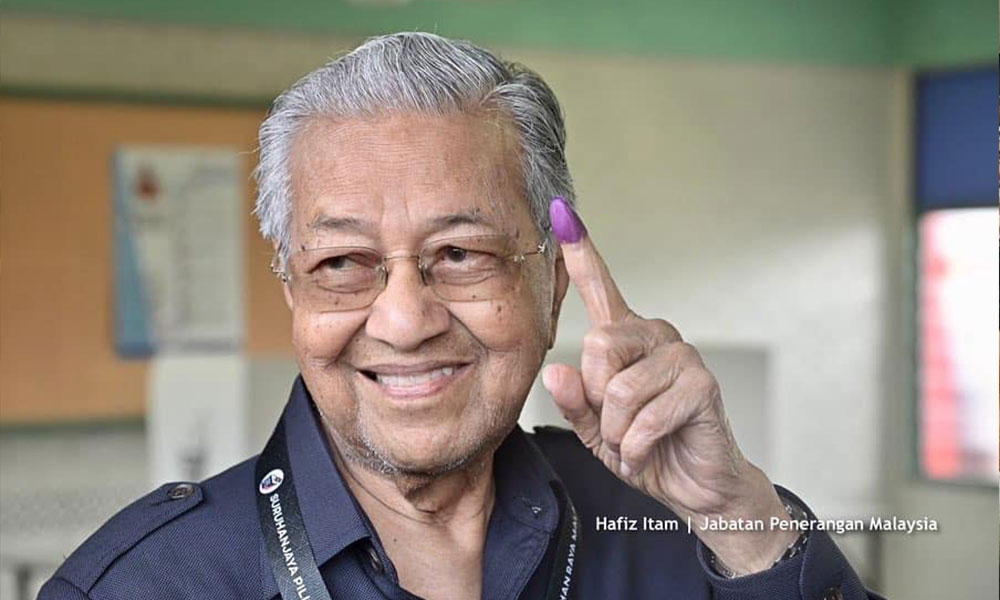
நாளைய நாட்டின் நலன்கருதி அனைத்து மலேசியர்களும் படிக்க வேண்டிய நல்லக் கட்டுரை; மதச் சார்பற்ற நாடென்றால் என்னவென்பதை மிகவும் தெளிவாக எழுதியுள்ளார்; இதை படித்துப் பார்த்தால்தான் இதன் அருமைத் தெரியும்!
மதத்தை மதம் பிடிக்க வைத்ததே பகுத்தறில்லா ஈன ஜென்மங்கள் -இப்போது இந்த நாட்டில் பெரும்பாலான அந்த மதத்தினர் திமிர் கொண்டு வரலாறு திரிக்கப்பட்டு அறிவிலிகளாக்கப்பட்டுள்ளனர்.